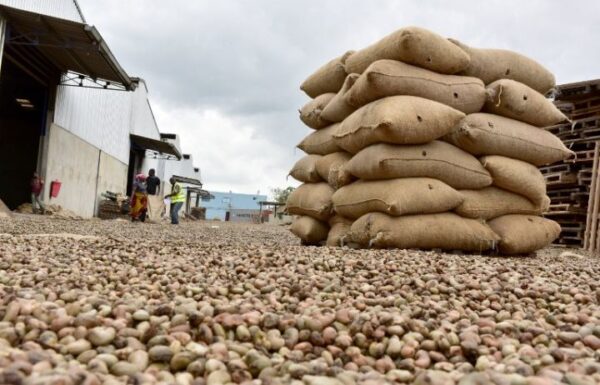Ivory Coast confirms its status as the African leader in cashew nuts. According to the General Directorate of Customs, cashew nut exports reached 72,000 tons in 2024, an increase of 52% in one year and a volume more than five times higher than that of 2020. This dynamic reflects the strengthening of a national strategy focused on local processing, now a driver of value creation and revenue diversification.
Between 2020 and 2024, the national production of processed cashew nuts increased from 103,103 tons to 344,000 tons, driven by the doubling of the number of factories, from 17 to more than 35. International players such as Olam, Dorado Ivory, Quang Thien Imex now work alongside local operators like Ecocajou or Eden Foods, consolidating a sector that has become one of the agricultural pillars of the country after cocoa and rubber.
The performances also translate into revenue: cashew nut exports generated $440.5 million in 2024, an increase of 95% and a amount six times higher than that of 2020. Despite this progress, processed cashew nuts still represent only about 30% of the total revenue of the cashew sector, which is dominated by exports of raw nuts.
The year 2025 marks a new milestone with the commissioning of two additional factories operated by Valency International and Robust International, adding over 82,000 tons/year of processing capacity. At the same time, the Cotton-Cashew Council has sealed several investment agreements totaling over $52 million with Asian and Middle Eastern partners.
Aligned with the government’s objective to process 50% of the national production by 2030, the sector is now attracting the attention of investors, donors, and industrialists. If this trajectory continues, Ivory Coast could not only consolidate its position in the global almond market, but also strengthen the resilience of its agricultural economy in a sustainable way.


